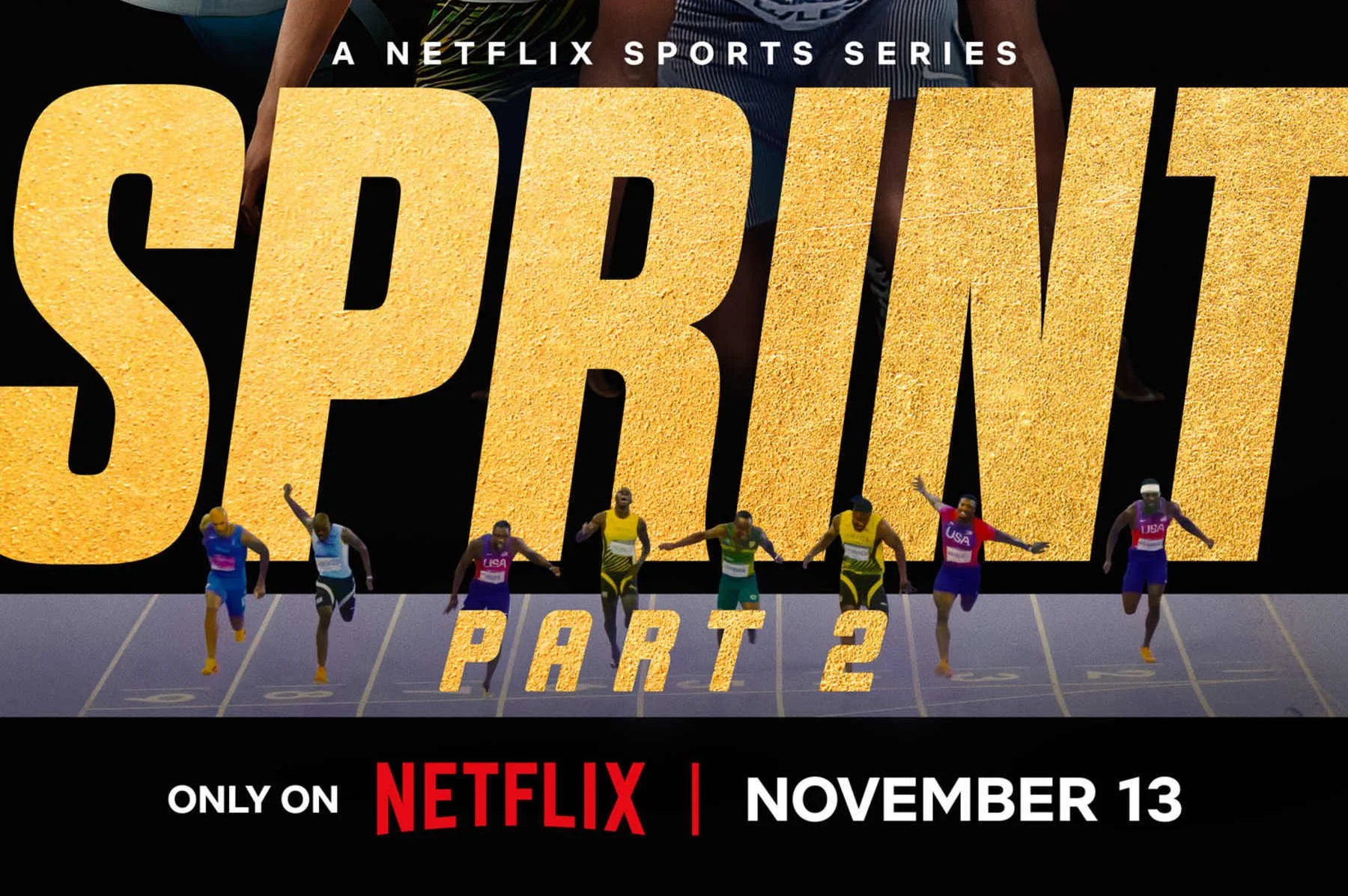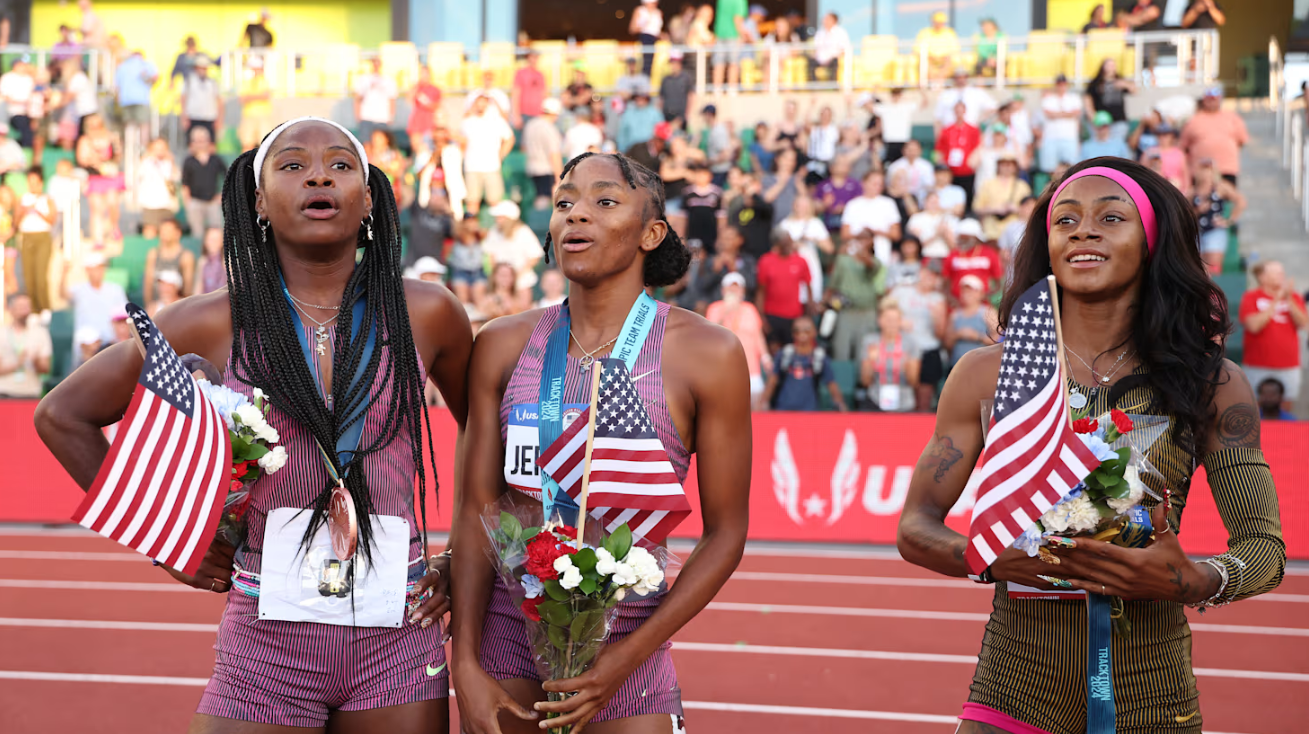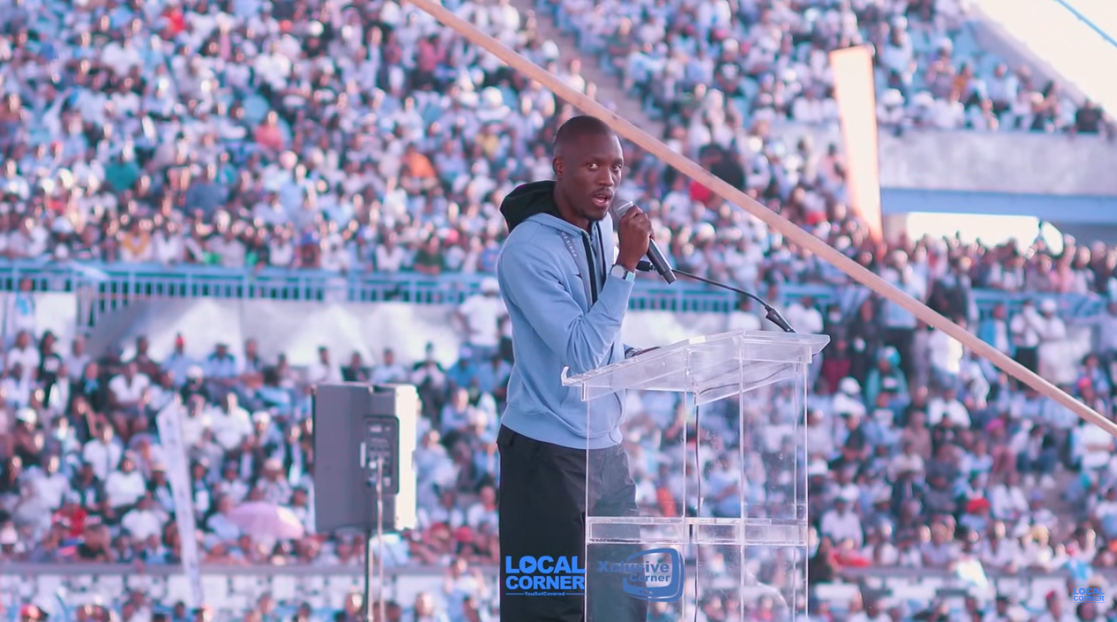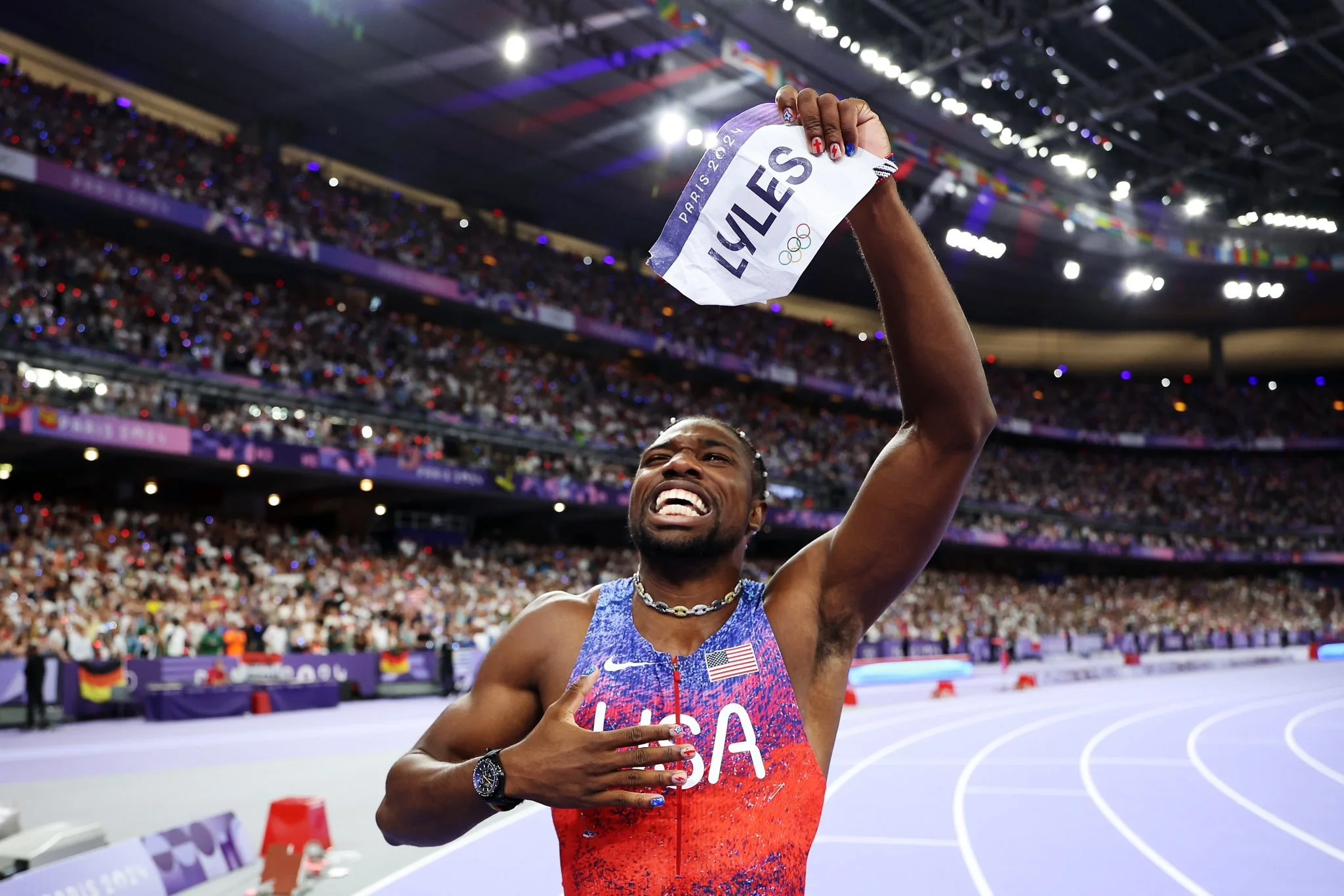Why Netflix’s Sprint Part II is Betting on the US Fan Base
Netflix’s Sprint Part II, an American Show?
The release of Netflix’s Sprint Part II received both positive and negative feedback from the world of track and field. While the series provided authentic insights into the lives of top sprinters, we felt the focus on US and Jamaican athletes left little room for rising stars from other continents, including Africa. Sprint Part II leaned heavily on both countries, betting on their strong fan bases to drive the show’s success.
But as Africa’s sprinting talent grows, it’s clear that these athletes deserve more screen time. Let us quickly explore why Netflix should have cast a wider net and included more African athletes, while still recognising the undeniable appeal and success of US and Jamaican sprinters.
Netflix's US Trials story is one of the four episodes featured in Sprint Part II
US and Jamaica Dominate the Spotlight
For many, Sprint Part II seemed more like a show for US and Jamaican sprinters. The series spent much of its time on these athletes whose stories are well-known around the world. It makes sense that these two countries were at the centre of the show, given their long history of success in track and field.
Letsile Tebogo at the Botswana Welcome Ceremony after winning the Olympic 200m title
However, Africa also made a big impact in the 2024 sprint events, specifically in the men’s 200m. Four athletes from the continent raced in the final — 50% of the lineup! Letsile Tebogo won gold for Botswana, becoming the first African to claim the Olympic title in the event. The air time given to Tebogo was little, given the fact that his victory fascinated all Africa and athletes from developing nations.
Alongside him, Zimbabwe’s Tapiwanashe Makarawu, Makanakaishe Charamba and Joe Fahnbulleh of Liberia competed in the final. These athletes — despite not winning medals — showed that African sprint is on the rise. Yet their stories got no air time.
Marie Josée Ta Lou-Smith, Olympic Finalist of Rio 2016, Tokyo 2020 and Paris 2024
Female African athletes like Ivorian sprint legend Marie Josée Ta Lou-Smith or Rosemary Chukwuma should have told their stories, too. Ta Lou-Smith has competed in three consecutive Olympic 100m finals and Chukwuma ran the second fastest Nigerian time ever in the 100m, ending the 2024 season within the “Top 10 List” after running an impressive 10.88s in May.
Their stories are just as compelling as those from the US and Jamaica — most likely less marketable though.
Why the US Market Matters
While we should admit that the Paris Olympics was a great success for USATF and much of the spotlight is well deserved, we can’t ignore the business side of things. The US have powerful track and field systems that are backed by strong college networks and commercial partnerships.
US athletes benefit from a media system that is deeply connected to major brands and sponsorships. This commercial backing gives US sprinters a massive platform, which in turn leads to more media attention. This also applies to World Athletics who ensures that US athletes' achievements — like World Leads — are widely reported and celebrated.
Netflix, like other media platforms, knows that the US fan base is key to attracting viewers. With such a large market, media companies want to make sure their content appeals to as many people as possible. This is why the focus remains on US athletes — they’re the ones who draw the most attention and bring in the biggest audiences.
Track and Field is for Everyone
In conclusion, Netflix’s Sprint Part II had the chance to bring global attention to the incredible talent coming from all continents, but it missed that opportunity. While the US and Jamaica’s dominance in sprinting is undeniable, the next season of Sprint should cast a more diverse group of athletes.
By giving African athletes more screen time, Netflix could show the world that the sport is not just about one region. Track and field is a global sport and the fastest athletes on earth come from all corners of the world. It’s time for media to reflect that diversity.
Watch Netflix Sprint Part II here!
Subscribe to our newsletter and receive our track articles free of charge!




